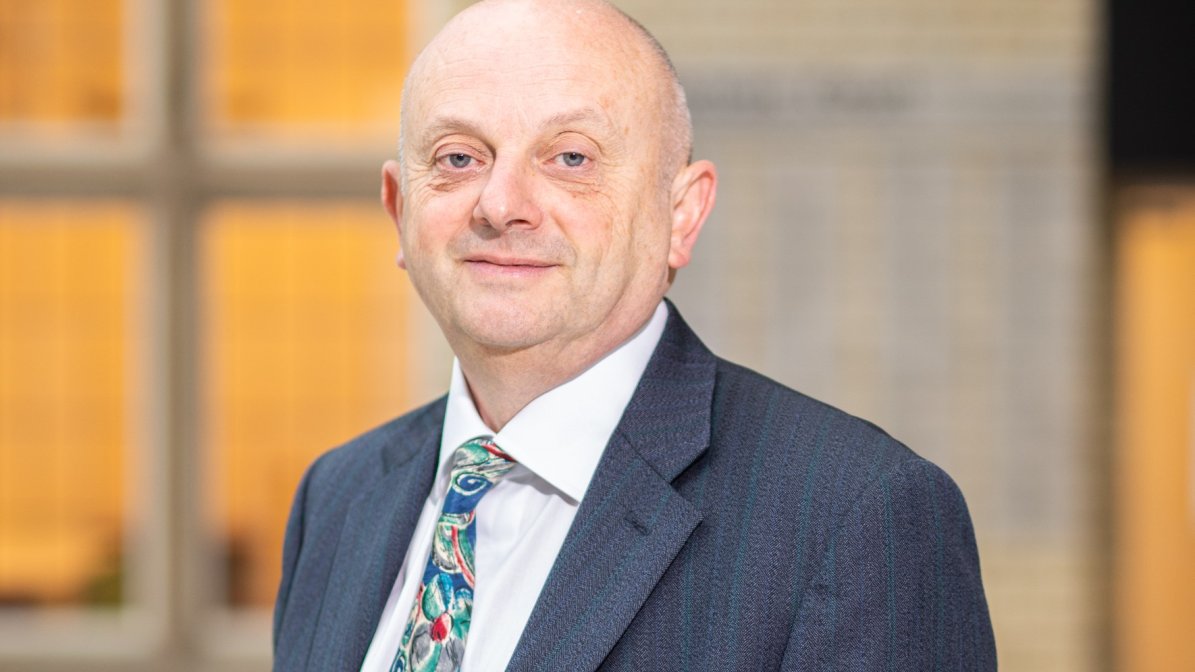
Professor Edward Peck CBE
Vice-Chancellor and President, Nottingham Trent University
Professor Edward Peck joined Nottingham Trent University as Vice-Chancellor in August 2014. The university educates around 40,000 students from a wide range of backgrounds and employs circa 4,500 staff across five campuses. Previously, he worked at the University of Birmingham as Pro Vice-Chancellor and Head of the College of Social Sciences. His academic interests encompassed public policy and organisational leadership; he is a Fellow of the UK Academy of Social Sciences.
Professor Peck is Deputy Chair of the Universities and Colleges Admissions Service (UCAS). He was a member of the UK Government's Post-18 Fees and Funding – aka Augar – Review Panel. In May 2022 he was appointed as the Department for Education’s initial Higher Education Student Support Champion.
In July 2020 he was appointed Deputy Lieutenant of Nottinghamshire and was made a Commander of the British Empire (CBE) in the 2021 New Year Honours List for Services to Higher Education.